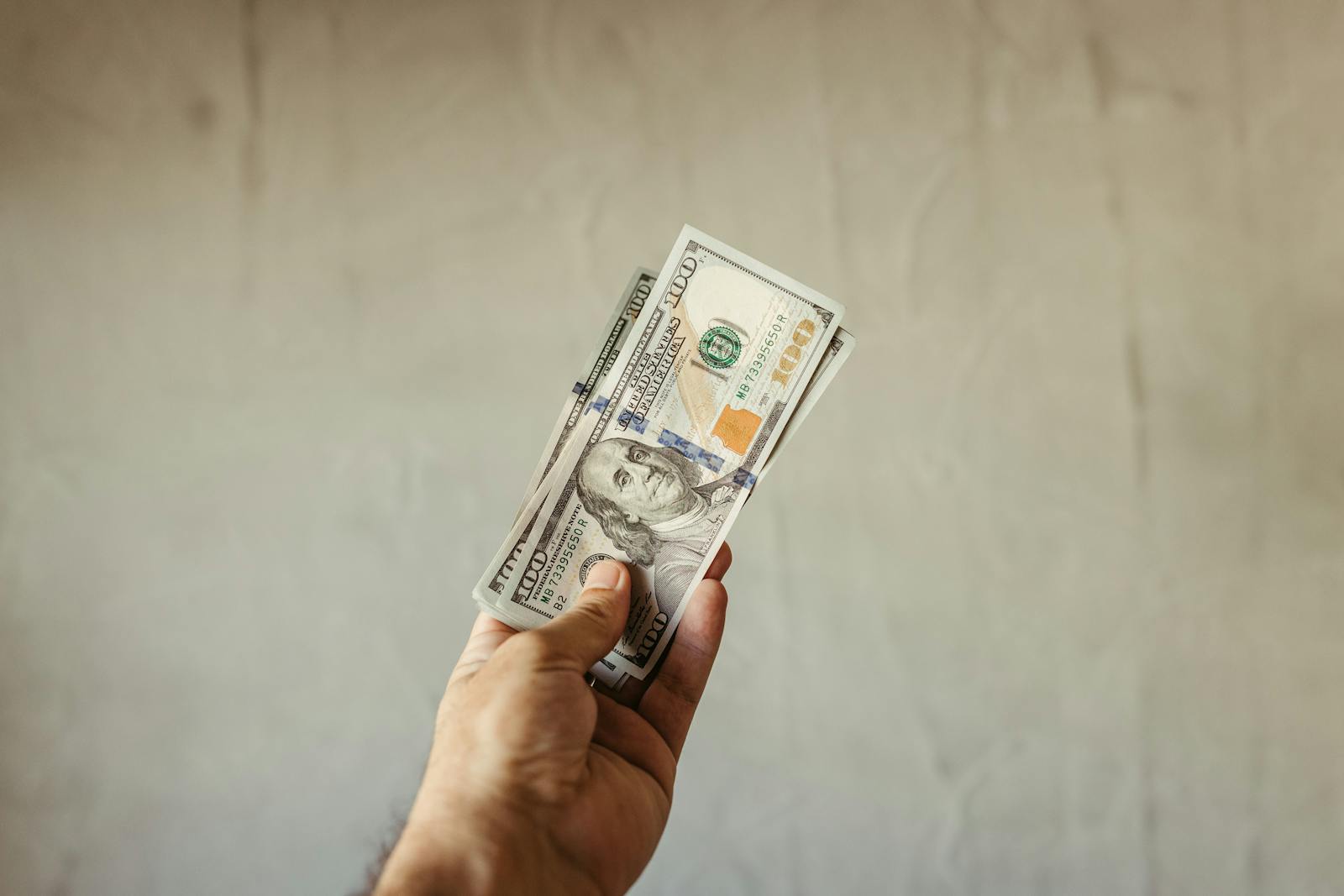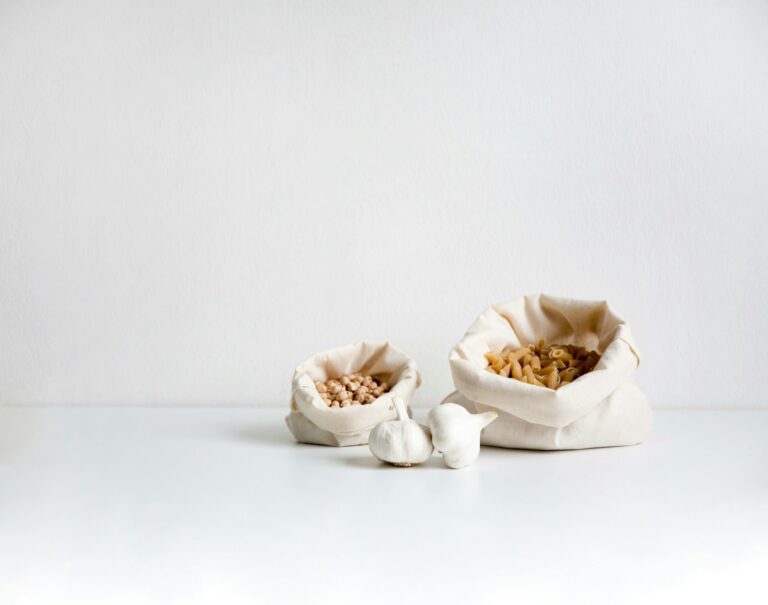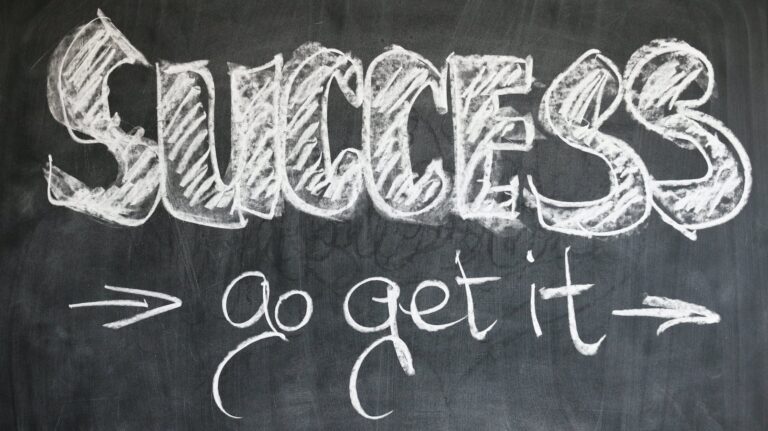Find Financial Freedom Through Minimalism
Breaking free from financial stress might feel impossible, but -financial freedom through minimalism offers a clear way out! By reducing unnecessary spending and simplifying your life, you’ll have more resources to focus on what truly matters.
Minimalism isn’t just about decluttering—it’s about creating space for savings, smarter choices, and long-term freedom. If you’re ready to change your habits, this approach could transform your financial future. For more insight on sustainable habits that save money, check out this guide to a zero waste lifestyle.
*NOTE* This post may contain affiliate links, which means I’ll receive a commission if you purchase through one of these links at No Extra Cost to you. Although it’s pretty boring, you can read my full Disclaimer for more details.
For practical examples and strategies, check out this helpful video on achieving financial freedom through minimalism.
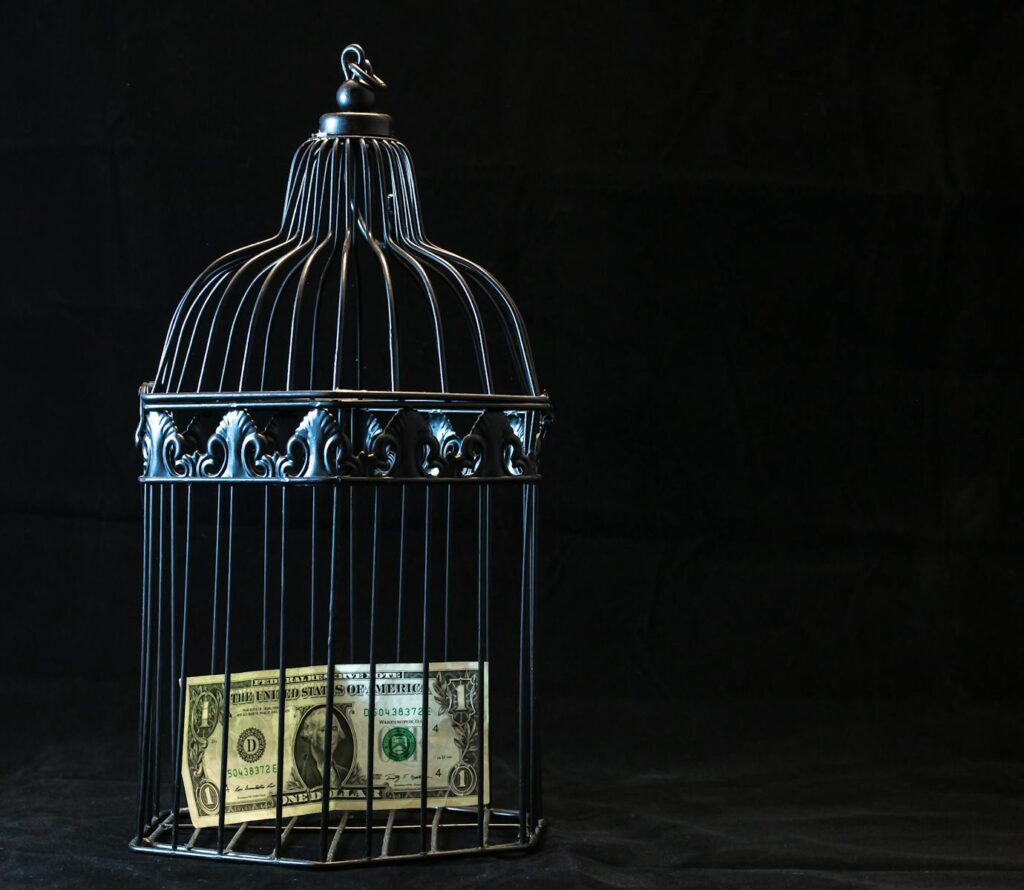
✨Understanding Financial Freedom✨
Gaining financial freedom isn’t just about getting rich; it’s about creating a life free of money-related stress. It’s a lifestyle choice that offers control and security. Whether you’re starting your journey or refining your approach, a deep understanding of financial freedom can inspire and guide you.
The Definition of Financial Freedom
Financial freedom means having enough resources to cover life’s expenses without constant worry. It goes beyond having a large bank account. Instead, it’s the ability to make decisions—like pursuing passions or taking breaks—without being tied to paychecks or overwhelming debt.
Think about it this way: financial wealth might focus on assets and numbers, but financial freedom emphasizes autonomy. You manage money efficiently so it works for you, instead of the reverse. For more detailed insight, you can learn more from this definition of financial freedom and how to apply it.
Benefits of Financial Freedom
Experiencing financial freedom comes with myriad rewards. It’s not just about financial gain—it’s about how it improves overall well-being.
Here are some key advantages:
- Reduced Stress: Knowing your finances are stable lessens frustration and anxiety.
- Increased Flexibility: You’re free to explore hobbies, take vacations, or even change professions.
- Stronger Focus: Without daily monetary worries, you can concentrate on family, friends, and personal growth.
- Greater Security: Emergency funds and investments ensure you’re prepared for life’s surprises.
- Legacy Building: Financial freedom allows you to plan for future generations in a meaningful way.
By tackling the path to financial liberty, you also gain something priceless—time. No more trading more hours for more checks! For a practical guide on boosting financial freedom, check these actionable strategies. Let minimalism help you move toward these critical benefits one small step at a time.
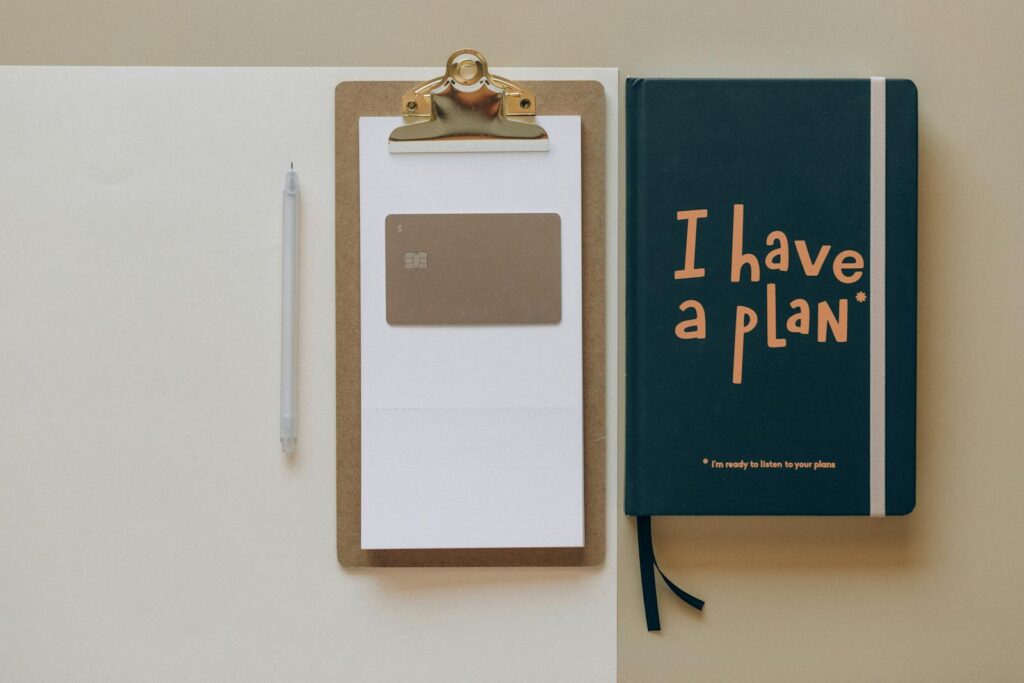
✨The Role of Minimalism in Achieving Financial Freedom✨
Minimalism isn’t just about reducing clutter in your home—it’s a mindset that simplifies your life in profound ways. It allows you to focus on what truly adds value. When applied to your finances, it helps eliminate unnecessary expenses and fosters smarter money habits. Let’s delve into how embracing minimalism can pave the way to financial freedom.
What is Minimalism?
Minimalism is a lifestyle centered around purposefully owning fewer belongings and focusing your energy on things that truly matter. At its core, minimalism isn’t about deprivation. Instead, it’s about intentionality—cutting out the excess so you can thrive with less (and without the distractions). When applied correctly, minimalism impacts more than your possessions—it affects your time, money, and mindset.
How Minimalism Shapes Financial Habits
Minimalism encourages asking questions: “Do I really need this?” or “Does this bring genuine value to my life?” This shift in thinking limits impulsive purchases and frees up financial resources for priorities such as savings or debt repayment. If you’re curious about how others achieve financial independence using minimalism, this insight from Becoming Minimalist offers some impactful perspectives.
How Minimalism Reduces Expenses
Adopting minimalism has a direct effect on your wallet. By focusing only on what’s essential, costly habits naturally take a backseat. Here’s how this works:
- Fewer Impulse Buys: When you adopt minimalism, you pause to reflect before spending. This shift curtails unnecessary purchases.
- Reduced Housing Costs: By choosing smaller living spaces and limiting the accumulation of extra “stuff,” you also cut maintenance costs.
- Lower Utilities and Maintenance: Owning fewer items means less to clean or maintain, which trims monthly expenses.
- Smarter Consumption: Even small lifestyle changes, like making coffee at home or meal prepping, expand your financial resources significantly.
For further inspiration, consider these minimalist habits to achieve financial freedom.
The Psychological Benefits of Minimalism
Beyond financial gains, minimalism changes the way we think and feel. It clears mental clutter and can improve decision-making regarding money.
- Improved Focus: Cutting out distractions sharpens your ability to make clear, efficient decisions about what you truly need.
- Reduced Stress: Financial stress often comes from overcomplication. A simplified approach reduces overwhelm and brings clarity.
- Shift in Mindset: Embracing minimalism creates a habit of prioritizing long-term goals over instant gratification.
- Empowerment: Knowing you control your financial choices, not marketing gimmicks, brings confidence.
Minimalism’s psychological benefits don’t end at emotional health—they actively support better financial decisions. A simplified lifestyle has the added bonus of letting you focus more energy on meaningful goals. For example, this guide from Experian highlights mindfulness and strategies for creating sustainable financial well-being.
Whether cutting costs or boosting mental well-being, minimalism plays a key role in achieving financial freedom.

✨Practical Steps to Embrace Minimalism for Financial Freedom✨
Minimalism offers a way to simplify your life while gaining control over your finances. It’s not about deprivation but rather about focusing on what truly matters. By clearing out the clutter, both in your environment and in your mindset, minimalism allows you to create a path to financial freedom. Let’s explore the practical steps you can take to adopt this lifestyle.
Decluttering Your Space and Mind
Decluttering is the cornerstone of minimalism. A clutter-free environment not only looks better but also fosters a sense of calm. To start, sort through your belongings and ask yourself: “Do I use this item regularly?” or “Does this add genuine value to my life?” Donate or recycle items that don’t serve a purpose.
Here’s a quick way to tackle decluttering:
- Start Small: Begin with a single drawer or shelf. Small victories lead to bigger progress.
- Follow the “One-Year Rule”: If you haven’t used something in a year, let it go.
- Adopt the “One In, One Out” Rule: For every new item you bring home, remove one that’s no longer needed.
Decluttering your mind is equally important. Try mindfulness exercises or journaling to clear mental clutter. For more on simplifying life and finances, this guide to embracing minimalism is a good read.
Mindful Spending Habits
Shifting to mindful spending can significantly impact your financial stability. The goal here is to think before you spend and prioritize quality over quantity. Here are some strategies:
- Stick to Shopping Lists: Impulse buys often derail budgets. Planning ahead can save money and stress. Consider investing in a personal budget planner.
- Wait Before Buying: Adopt the “24-Hour Rule” to evaluate if you truly need an item.
- Focus on Autonomy: Make purchases based on your needs, not trends or peer pressure.
When you evaluate each purchase, you reduce wasteful spending and keep more for long-term goals. Check out these tips for saving thousands by embracing minimalism for additional savings strategies.
Building a Sustainable Budget
Minimalism isn’t just about cutting out—it’s about designing a lifestyle where every dollar works for you. A thoughtful budget aligned with minimalist values is essential to gaining financial freedom. Here’s how to develop one:
- Identify Your Essentials: Prioritize housing, food, transportation, and savings over non-essentials.
- Use Categories: Split expenses into ‘needs’, ‘wants’, and ‘savings’ based on the past six months of spending.
- Track Spending: Monitor your habits to ensure they’re aligned with your goals. Simple apps can help.
- Plan for Flexibility: Budget a small amount for indulgences without guilt.
Building a budget doesn’t mean sacrificing joy; it’s about designing a plan that reflects your goals. This resource on regaining financial control provides helpful insight into how minimalistic budgeting works.
By incorporating these practical steps, you can reduce stress, save money, and progress toward financial independence—all while living simply and intentionally.
✨Real-Life Examples of Financial Freedom Through Minimalism✨
The beauty of minimalism lies in its flexibility. Whether it’s about downsizing to reduce housing costs, curbing impulse buying, or saving for emergencies, minimalism provides the tools to regain control over financial decisions and focus on long-term goals. For more insights on how minimalism aids in financial freedom, check out this resource on sustainable minimalist living.
Minimalism isn’t a one-size-fits-all solution, but real-life stories show it’s a powerful tool. By intentionally simplifying their lives, many people have transformed their financial reality. These success stories highlight how adopting a minimalist lifestyle helped individuals achieve lasting financial freedom.
People Who Have Successfully Used Minimalism to Reach Their Financial Goals
One of the most noteworthy examples comes from Richard Reis, who embraced minimalism at a pivotal point in his life. As outlined in this CollegeSTEPS article, Richard drastically reduced his expenses by focusing solely on what he truly needed. Within just one year, he was able to save more than he ever had before. Simple changes, like downsizing his apartment and shifting to a needs-based budget, gave him a financial cushion that led to peace of mind.
Another inspiring story involves Joshua and Ryan, the creators behind The Minimalists. They transitioned to a minimalist lifestyle after realizing their consumer habits were leaving them with debt and stress.
By selling unnecessary possessions, budgeting deliberately, and focusing on experiences instead of material goods, they not only paid off tens of thousands of dollars in debt but also achieved financial stability. Their approach is detailed in their guide, which you can find in Minimalist Finances.
For families, simplicity can also bring immense rewards. For instance, one family of four adopted minimalism as a way to regain control over their spiraling finances. By asking themselves, “How can we live on less?”, they cut their monthly expenses nearly in half. This adjustment allowed them to become debt-free in under three years while also building an emergency fund. Their journey is detailed further in this inspiring account on 5 Minimalist Habits To Achieve Financial Freedom.
What ties all these stories together? A common thread of intentionality. By reframing their consumption habits and focusing on what mattered most, these individuals unlocked financial freedom in a way that fit their unique lives.
Ultimately, learning from these examples can inspire you to take your first steps toward financial independence through minimalism. Reflecting on these strategies could make all the difference in creating a more secure and meaningful financial future.
“The price of greatness is responsibility”
– Winston Churchill

✨Conclusion✨
Minimalism is more than a trend—it’s a practical tool for reclaiming control over your life and finances. By focusing on what’s essential, you’re not just cutting expenses; you’re fostering a mindset of intentional living.
This approach naturally aligns with achieving financial freedom, offering both peace of mind and a clear path forward.
It’s easy to see how simplifying choices, limiting distractions, and reducing unnecessary spending can create room for growth—both financially and personally.
The key is to start small and remain consistent.
Adjust your habits one at a time, whether that’s curbing impulsive purchases, decluttering your surroundings, or tracking your spending in a minimalist-friendly budget.
For further insights into finding financial freedom through minimalism, consider exploring how minimalism can help you financially. This resource breaks down how living intentionally can transform your relationship with money, ensuring that your efforts toward financial freedom pay off.
Ultimately, minimalism isn’t about restriction—it’s about empowering yourself to focus on what truly matters. With each mindful choice, you’re building a foundation for a simpler, freer, and more secure financial future.
For more ideas on designing a minimalist path to financial independence, check out this guide from The Minimalists. The journey to financial freedom starts with one intentional step.
✨Connect with us✨
At BohoBeetle, we’re here to support your journey toward a life of simplicity and good vibes. So, If you’re ready to dive deeper into simple living follow for more insights and inspiration. Let’s grow together in gratitude, one peaceful moment at a time.
Cheers to your journey of life!
I hope you have found these tips helpful, if so… give em’ a try today! 🌍🌿💚
✨Toxic free life✨
Check out our latest posts:
- Capsule Wardrobe Checklist: Simplify Your Style
- Discover the TRUE Meaning of Happiness
- Sustainable Gift Ideas for Every Occasion
- Contentment vs. Complacency: Growing While Grounded
- Eco-Friendly Cleaning Swaps
About Me

🪴check out our story here
Thanks for stopping by! If you care to give it a share or two! 🌎
So, cheers to your journey on sustained growth & good vibes !
-Tills

